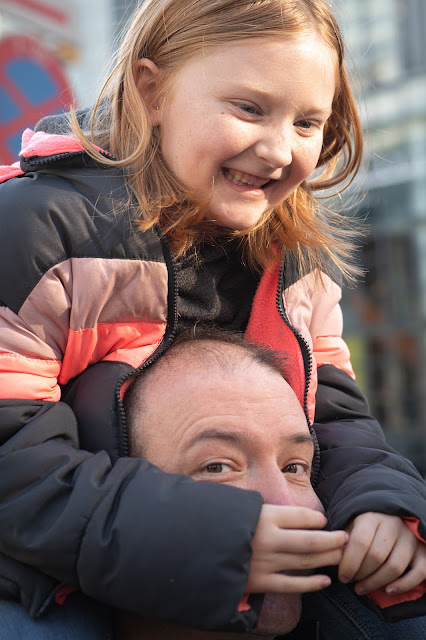Why I looked like I had brain surgery part one
When I was in college I was encouraged to attend a chronic illness group. I was hesitant to go. I didn’t feel ill. I did however, need some answers and some peace regarding my disability so I reluctantly went.
Here is my story:
Each time someone new joined the group we had to introduce ourselves. It felt like an AA meeting, “Hi. My name is Adrianne. I have seizures.” Each of us had to relate our stories in turn.
The stories went on and on; they were harrowing and filled with sadness and hurt. There was so much raw emotion. When it was my turn I told a part of my story leaving only the facts. One girl in the room challenged me. “You aren’t being real. When we come to this session we share our feelings and open ourselves to each other. You aren’t being honest.” She accused me of hiding myself and therefore, lying. I really disliked her. I disliked her from the minute I met her. She was so prickly, so bitter. All eyes turned to me, silently challenging me to open up and share my grief. That’s what they wanted to hear, stories of how chronic illness caused grief. I mumbled something and the group leader, seeing that I wasn’t going to give more, moved the discussion on to a new topic.
I walked home after the session with a mixture of anger, frustration, and triumph. I realized that I couldn’t live my whole life deceiving myself and hiding behind the mask of my “illness.” I went to the Chronic illness group hoping to find peace. I needed to see people like myself, dealing with an illness that affected them daily, conquering life. I needed to see that their illnesses didn’t control who they were.
I couldn’t put a finger on my hesitation to share with them until now. I finally understood that I felt so much grief and sorrow and defeat leaving that meeting. I felt the weight of each trial. I caught a glimpse of the overwhelming pain each person on earth had to deal with in mortal life.
I did not want to be bitter like the girl in the group that challenged me. I didn’t want to take an hour of each week, hidden in a dark room, obsessing on the sorrow I felt and the part my illness played in my life. This was my life. There was no changing that. My life had been defined in many ways by the illness I dealt with and it would continue to define me the remainder of my days. I couldn’t stop my life by being oppressed by this disability.
Here is my story:
Each time someone new joined the group we had to introduce ourselves. It felt like an AA meeting, “Hi. My name is Adrianne. I have seizures.” Each of us had to relate our stories in turn.
The stories went on and on; they were harrowing and filled with sadness and hurt. There was so much raw emotion. When it was my turn I told a part of my story leaving only the facts. One girl in the room challenged me. “You aren’t being real. When we come to this session we share our feelings and open ourselves to each other. You aren’t being honest.” She accused me of hiding myself and therefore, lying. I really disliked her. I disliked her from the minute I met her. She was so prickly, so bitter. All eyes turned to me, silently challenging me to open up and share my grief. That’s what they wanted to hear, stories of how chronic illness caused grief. I mumbled something and the group leader, seeing that I wasn’t going to give more, moved the discussion on to a new topic.
I walked home after the session with a mixture of anger, frustration, and triumph. I realized that I couldn’t live my whole life deceiving myself and hiding behind the mask of my “illness.” I went to the Chronic illness group hoping to find peace. I needed to see people like myself, dealing with an illness that affected them daily, conquering life. I needed to see that their illnesses didn’t control who they were.
I couldn’t put a finger on my hesitation to share with them until now. I finally understood that I felt so much grief and sorrow and defeat leaving that meeting. I felt the weight of each trial. I caught a glimpse of the overwhelming pain each person on earth had to deal with in mortal life.
I did not want to be bitter like the girl in the group that challenged me. I didn’t want to take an hour of each week, hidden in a dark room, obsessing on the sorrow I felt and the part my illness played in my life. This was my life. There was no changing that. My life had been defined in many ways by the illness I dealt with and it would continue to define me the remainder of my days. I couldn’t stop my life by being oppressed by this disability.


Comments
You certainly have the right idea. Being bitter and dwelling on our problems will not make them go away.